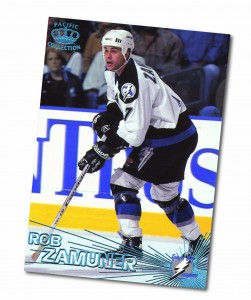Financial power plays: Rob Zamuner
“I teach 25-year-old hockey stars how to handle their sudden fortunes—before it’s too late”
Advertisement
“I teach 25-year-old hockey stars how to handle their sudden fortunes—before it’s too late”

Share this article Share on Facebook Share on Twitter Share on Linkedin Share on Reddit Share on Email